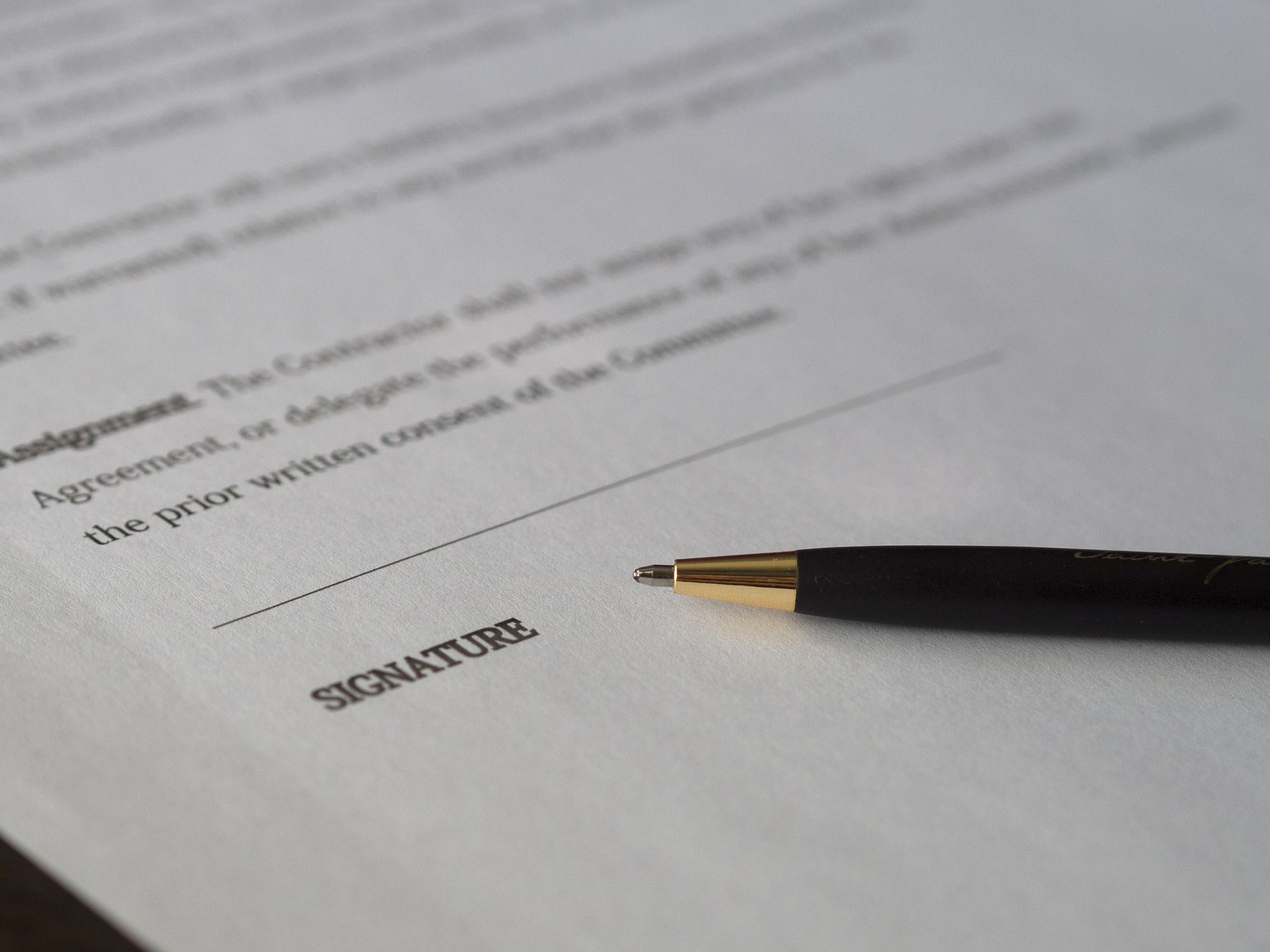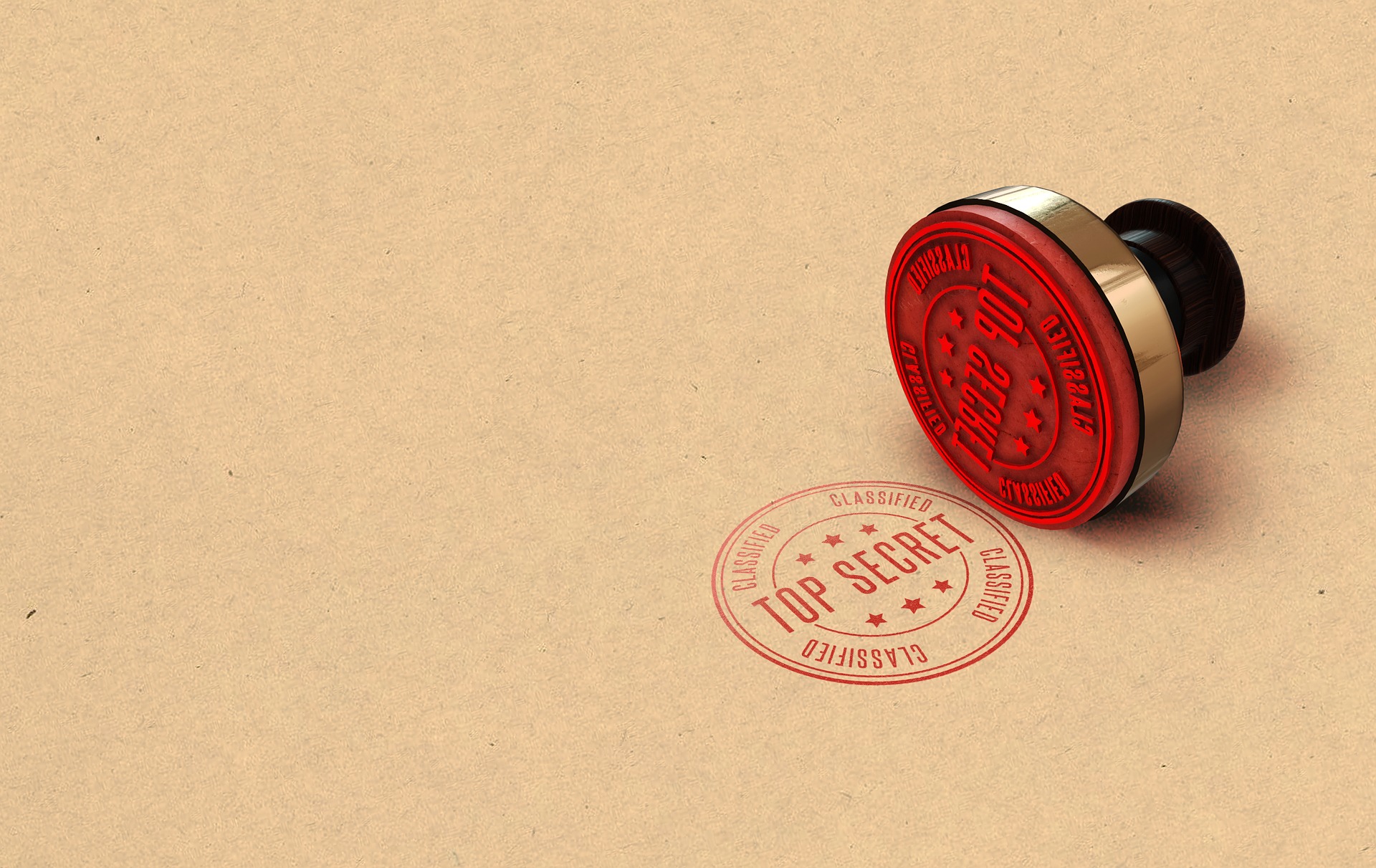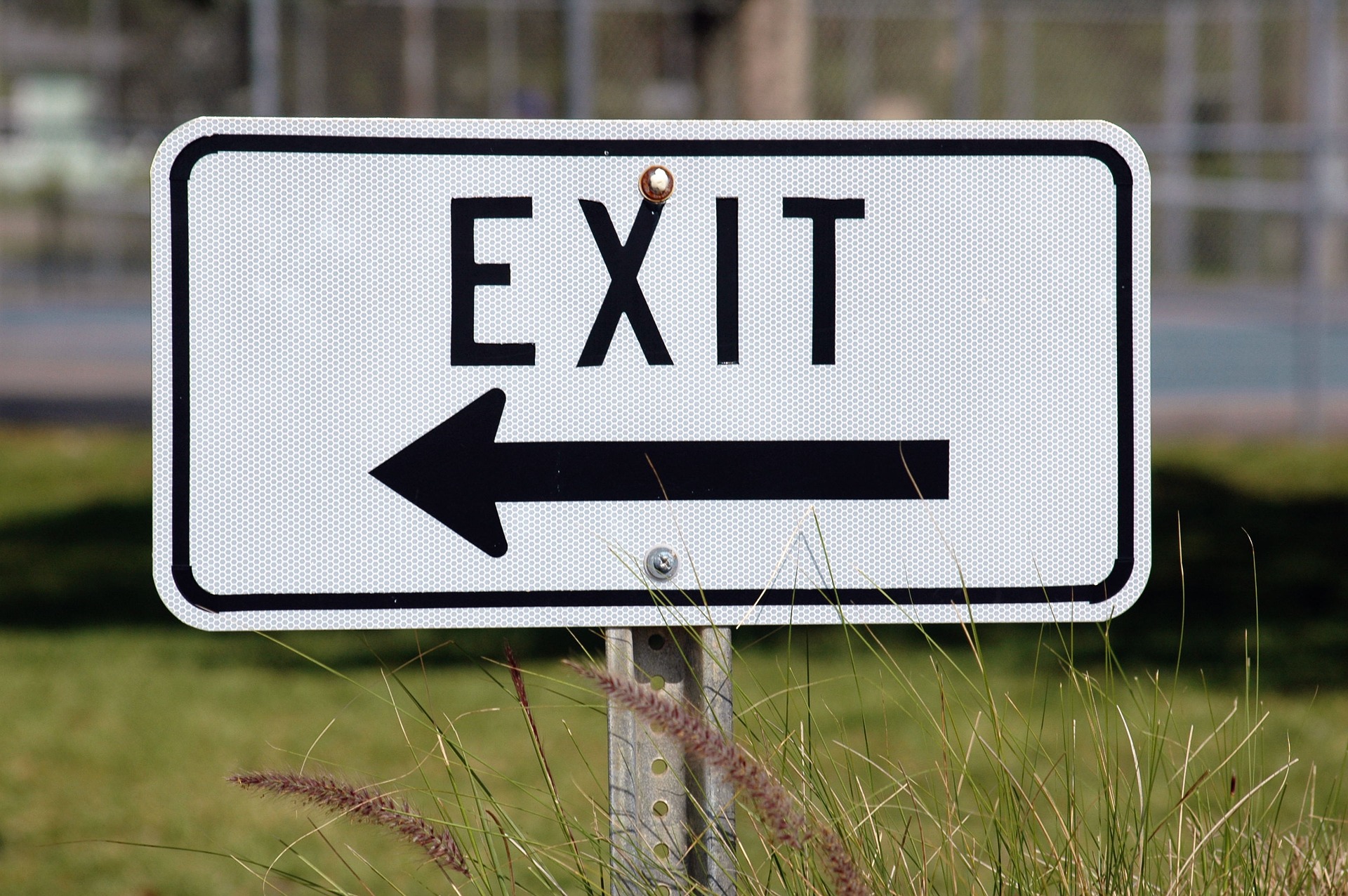Trademarks in the Startup World
21.06.2021

As part of the harrowing obstacle course of raising capital, many entrepreneurs encounter a threshold demand by investors (admittedly one of many) to register the startups' trademark even in the initial stages of the venture.
For some entrepreneurs the term "trademark" is foreign and unclear.
For others, the term "trademark" is familiar, but in the process of registration itself, the crucial significance and importance is not fully understood.
Indeed, it is not for nothing that many investors obligate startups to apply and register a trademark for the name of their product and/or services, or the brand that represents their activity - whether it be the design of a mobile app or certain technological services.
Today's global economy means that the activity of Israeli startups doesn't begin and end only in Israel – on the contrary! Most Israeli startups operate overseas in larger markets. The emergence of this global market has had a profound effect on the world of intellectual property rights, particularly trademark rights, alongside other matters such as patents, service inventions, industrial designs, and so on.
An Israeli startup builds its reputation and accumulates prestige under the name of its business/app/service/activity not only in Israel. Its name goes before it around the globe through word-of-mouth, social media, and the press.
Therefore, it is critical to protect this reputation and all that is carried with it, as well as future potential reputation that will amass. This is true even in the initial stages of a startups' life. Acquiring the rights to the trademark under which the startup operates allows it to build standing in the international market.
Fortunately, in the high-speed and universally connected era in which we live, it is easy to locate rights violators across the Internet and to be able to enforce rights even in foreign countries. A startups' success may ride on its ability to protect itself against existing or potential competitors who may attempt to ride on its reputation and snatch a piece of the pie for themselves.
In order not to become a violator oneself, exposing the startup to legal trouble and harming its chances of building its own unique brand, it is crucial to conduct preliminary searches in global trademark databases to ascertain that the potential name for the startups' activity is not already in use by third parties.
Many times, as seasoned lawyers who have had the opportunity to work with numerous successful startups, we encounter situations in which an entrepreneur has embarked on a new, exciting, and challenging road with all that this entails, but without carrying out the necessary checks to determine whether the name they have chosen to use is available. This mostly happens either because they were not aware of the importance of these preliminary checks, or because they did not attribute much significance to the results and/or to the name of the brand that they developed.
Some of these startups have invested considerable sums of money in marketing and building their brand over several months or years of activity, only to receive a letter of demand, warning them that they have infringed upon the trademark rights of marks that are identical or similar and were registered first.
In certain cases – depending on how strong, domineering, and deep-pocketed the other party may be – these entrepreneurs were forced to give up the mark in which they had invested a lot of resources, and had to completely rebrand their business.
In most cases, these demands come from companies that offer similar or identical services to those of the startup in question. The concern is that the similarity between the brands may mislead the consumer who may confuse the two companies. Therefore, the company that bothers to register the trademark first receives a vital monopoly on the mark.
So what is a trademark?
A trademark is a recognizable sign, design, or expression which identifies products or services of a particular source from those of others. Trademarks can be presented in the form of letters, numbers, words, characters, sounds, or a combination of these.
In general, trademarks are accepted for registration only in connection with goods and services for which the mark is in use already or is intended to be in use.
In Israel, as in most other countries in the world, trademarks are registered under forty-five specific classifications according to the Nice Convention. Mobile apps, for example, fall into Class 9, technological services fall into Class 42, etc. This classification system limits the otherwise extremely wide monopoly afforded to trademarks, in order to safeguard against unfair competition which would hurt newcomers looking to enter the market.
The protection granted to trademarks once they have been registered is territorial. In other words, a startup which has activity in a number of countries across the world and wishes to obtain a monopoly on the mark and the ability to enforce its rights in those territories will be required to register separately in each relevant country.
Following Israel's accession to the Madrid Protocol a few years ago, an Israeli applicant may apply to register an international trademark in more than 100 countries, which are also members of the Madrid Protocol. This process greatly simplifies the registration of trademarks worldwide and significantly reduces costs for the customer. Entrepreneurs no longer need to hire foreign attorneys for each trademark application in each country and bear the double costs of a local lawyer as well as a foreign one. Rather, they only need one attorney from the country of origin who can register the mark simultaneously in all the relevant countries.
To sum up, trademark registration is a necessary and essential procedure for start-ups, in a world built around branding. Considering that registration costs are not particularly high, and in return, the registrant is granted monopoly and indefinite protection of the trademark (initially for a ten-year protection period which can then be renewed every ten years subject to the payment of a renewal fee) which can then be enforced, this step simply makes sense. This monopoly allows the trademark owner to receive various effective remedies ranging from preventative measures to stop the continued infringement, monetary remedies for damages caused by the infringement, destruction of infringing goods, transfer of ownership and commercialization of a mark, and any other proprietary action.
So, don't hesitate - go ahead and register for yourself a trademark!
Lihi Katzenelson represents clients in court and advises on various intellectual property matters including media and entertainment, defamation and privacy law.
Lihi interned in the Israeli Trademark Office. In addition, Lihi has gained experience in law firms specializing in intellectual property, with an in-depth familiarity with the system both in the procedural and public administrative spheres and in the commercial private sphere.
As an attorney in the field of intellectual property, Lihi is involved in registration of trademarks in Israel and around the world, representing leading Israeli and foreign clients in litigation proceedings with the Israeli Registrar of Trademarks and in Israeli courts.
For some entrepreneurs the term "trademark" is foreign and unclear.
For others, the term "trademark" is familiar, but in the process of registration itself, the crucial significance and importance is not fully understood.
Indeed, it is not for nothing that many investors obligate startups to apply and register a trademark for the name of their product and/or services, or the brand that represents their activity - whether it be the design of a mobile app or certain technological services.
Today's global economy means that the activity of Israeli startups doesn't begin and end only in Israel – on the contrary! Most Israeli startups operate overseas in larger markets. The emergence of this global market has had a profound effect on the world of intellectual property rights, particularly trademark rights, alongside other matters such as patents, service inventions, industrial designs, and so on.
An Israeli startup builds its reputation and accumulates prestige under the name of its business/app/service/activity not only in Israel. Its name goes before it around the globe through word-of-mouth, social media, and the press.
Therefore, it is critical to protect this reputation and all that is carried with it, as well as future potential reputation that will amass. This is true even in the initial stages of a startups' life. Acquiring the rights to the trademark under which the startup operates allows it to build standing in the international market.
Fortunately, in the high-speed and universally connected era in which we live, it is easy to locate rights violators across the Internet and to be able to enforce rights even in foreign countries. A startups' success may ride on its ability to protect itself against existing or potential competitors who may attempt to ride on its reputation and snatch a piece of the pie for themselves.
In order not to become a violator oneself, exposing the startup to legal trouble and harming its chances of building its own unique brand, it is crucial to conduct preliminary searches in global trademark databases to ascertain that the potential name for the startups' activity is not already in use by third parties.
Many times, as seasoned lawyers who have had the opportunity to work with numerous successful startups, we encounter situations in which an entrepreneur has embarked on a new, exciting, and challenging road with all that this entails, but without carrying out the necessary checks to determine whether the name they have chosen to use is available. This mostly happens either because they were not aware of the importance of these preliminary checks, or because they did not attribute much significance to the results and/or to the name of the brand that they developed.
Some of these startups have invested considerable sums of money in marketing and building their brand over several months or years of activity, only to receive a letter of demand, warning them that they have infringed upon the trademark rights of marks that are identical or similar and were registered first.
In certain cases – depending on how strong, domineering, and deep-pocketed the other party may be – these entrepreneurs were forced to give up the mark in which they had invested a lot of resources, and had to completely rebrand their business.
In most cases, these demands come from companies that offer similar or identical services to those of the startup in question. The concern is that the similarity between the brands may mislead the consumer who may confuse the two companies. Therefore, the company that bothers to register the trademark first receives a vital monopoly on the mark.
So what is a trademark?
A trademark is a recognizable sign, design, or expression which identifies products or services of a particular source from those of others. Trademarks can be presented in the form of letters, numbers, words, characters, sounds, or a combination of these.
In general, trademarks are accepted for registration only in connection with goods and services for which the mark is in use already or is intended to be in use.
In Israel, as in most other countries in the world, trademarks are registered under forty-five specific classifications according to the Nice Convention. Mobile apps, for example, fall into Class 9, technological services fall into Class 42, etc. This classification system limits the otherwise extremely wide monopoly afforded to trademarks, in order to safeguard against unfair competition which would hurt newcomers looking to enter the market.
The protection granted to trademarks once they have been registered is territorial. In other words, a startup which has activity in a number of countries across the world and wishes to obtain a monopoly on the mark and the ability to enforce its rights in those territories will be required to register separately in each relevant country.
Following Israel's accession to the Madrid Protocol a few years ago, an Israeli applicant may apply to register an international trademark in more than 100 countries, which are also members of the Madrid Protocol. This process greatly simplifies the registration of trademarks worldwide and significantly reduces costs for the customer. Entrepreneurs no longer need to hire foreign attorneys for each trademark application in each country and bear the double costs of a local lawyer as well as a foreign one. Rather, they only need one attorney from the country of origin who can register the mark simultaneously in all the relevant countries.
To sum up, trademark registration is a necessary and essential procedure for start-ups, in a world built around branding. Considering that registration costs are not particularly high, and in return, the registrant is granted monopoly and indefinite protection of the trademark (initially for a ten-year protection period which can then be renewed every ten years subject to the payment of a renewal fee) which can then be enforced, this step simply makes sense. This monopoly allows the trademark owner to receive various effective remedies ranging from preventative measures to stop the continued infringement, monetary remedies for damages caused by the infringement, destruction of infringing goods, transfer of ownership and commercialization of a mark, and any other proprietary action.
So, don't hesitate - go ahead and register for yourself a trademark!
Lihi Katzenelson represents clients in court and advises on various intellectual property matters including media and entertainment, defamation and privacy law.
Lihi interned in the Israeli Trademark Office. In addition, Lihi has gained experience in law firms specializing in intellectual property, with an in-depth familiarity with the system both in the procedural and public administrative spheres and in the commercial private sphere.
As an attorney in the field of intellectual property, Lihi is involved in registration of trademarks in Israel and around the world, representing leading Israeli and foreign clients in litigation proceedings with the Israeli Registrar of Trademarks and in Israeli courts.











